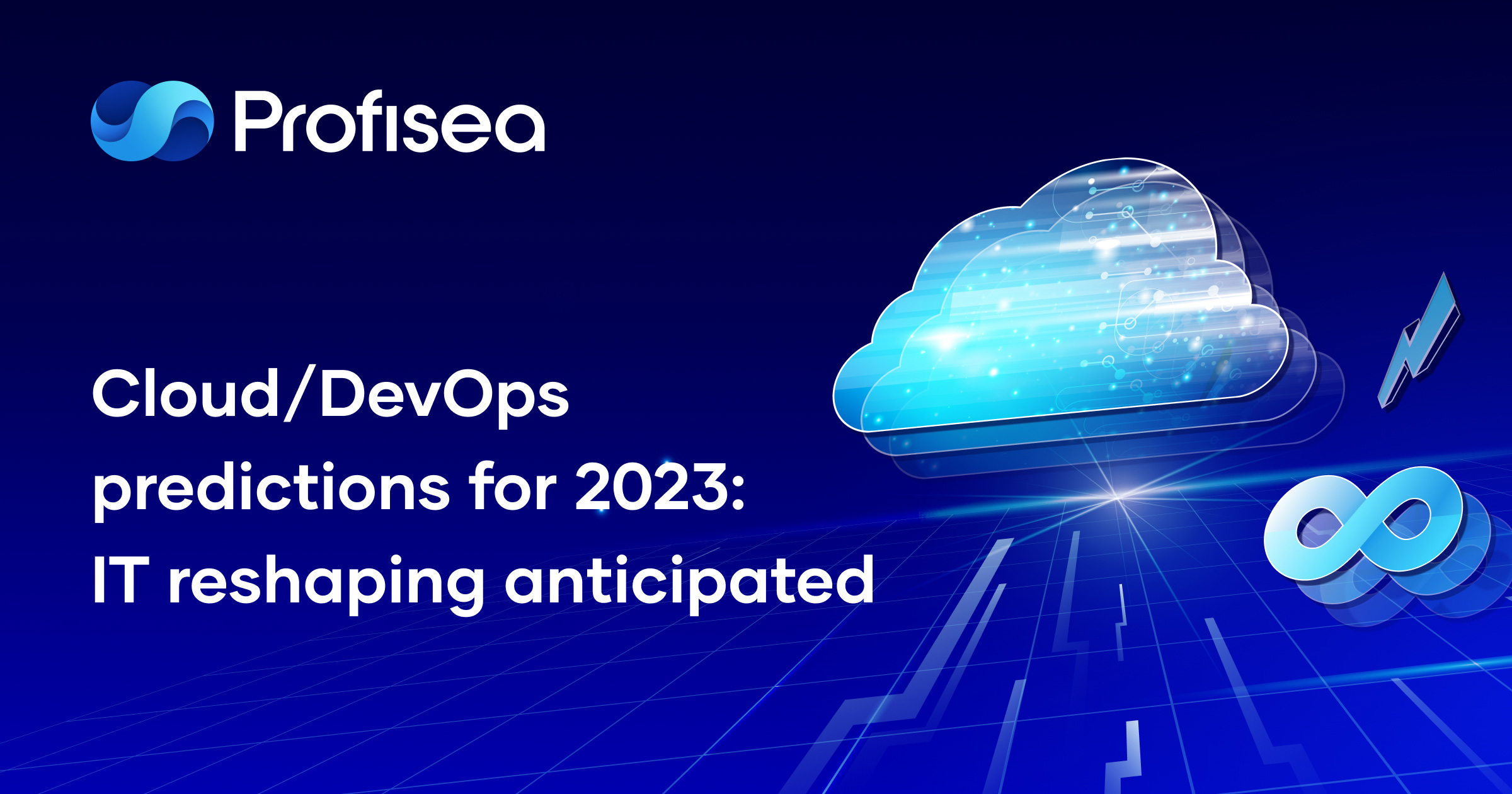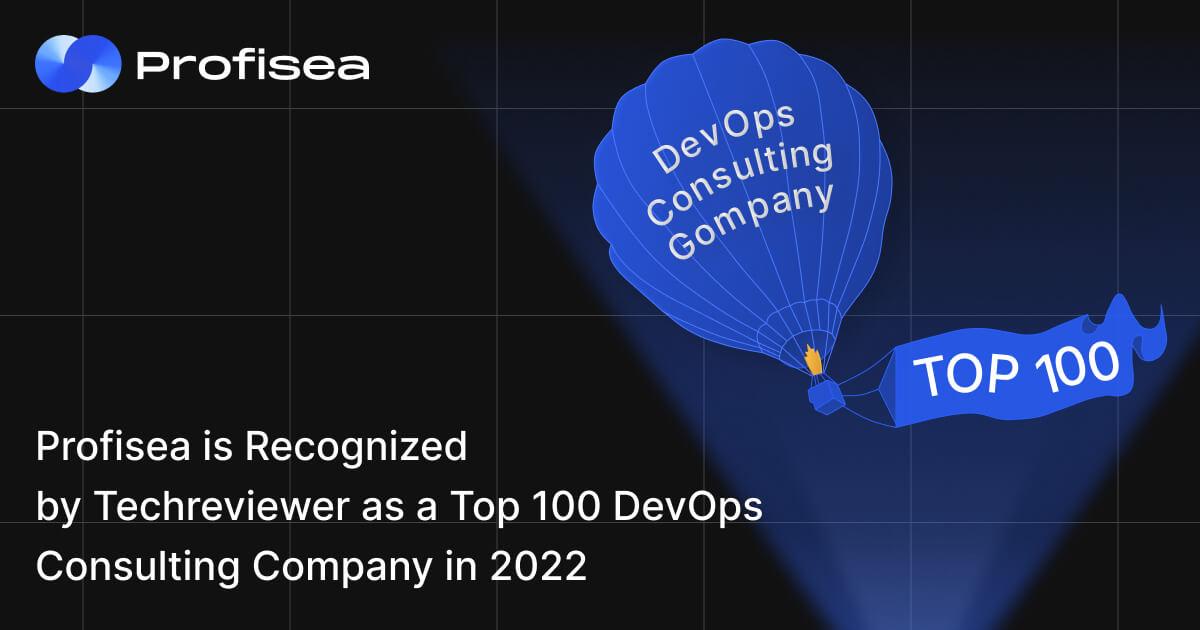A Dozen Things That Annoy DevOps Engineers: A Guide to Smooth Collaboration
Where teamwork meets with complexity, collaboration can become a delicate dance for many companies. While some challenges are technical hurdles to jump over, others are hidden beneath the surface, waiting to trip up even the most experienced team. And in an environment of unwritten rules and unspoken annoyances, a collaborative space can all too easily turn into a simmering cauldron of love-hate dynamics.
To work effectively with a DevOps team, you need more than just technical knowledge. You have to understand what makes them tick, what grinds their gears, and what you can do to foster a positive working relationship. So, if you’d like to dive into the pet peeves in the world of DevOps and learn how to avoid them, read on …
Communication Challenges
Wrong address, wrong recipient. Misdirected questions can create unnecessary chaos for DevOps teams. Before hitting “send,” make sure you are directing your questions to the right person. This means understanding the specialties of different teams and fostering a culture of open communication. By asking around and clarifying your needs, you’ll avoid unnecessary delays and keep communication flowing smoothly.
Asking Googleable questions. Time is precious for any DevOps engineer, and interruptions are public enemy number one. Asking questions that could be answered with a quick Google search is a recipe for frustration and wasted productivity. Allow yourself and your team to be self-sufficient by encouraging resourcefulness and exploration before seeking DevOps assistance. Remember, a little research goes a long way!
Meetings for the sake of meetings. Meetings are often seen as the default communication channel, but for DevOps professionals, they can be a major time drain. Before scheduling a meeting, ask yourself if the information can be shared more efficiently through email, Slack, or other asynchronous communication tools. This will allow DevOps teams to stay focused on their critical tasks while ensuring everyone is kept in the loop.
Task Mismanagement
Debugging your code. We all know the drill: write good code, pass it on to DevOps, and let them do their magic. But rushing code out without a thorough check can be a major pain point for DevOps engineers. Debugging problems that could’ve been caught earlier wastes precious time and never fosters a happy dev-ops relationship. So, before passing on your code, take a moment to review it. This is not just about professionalism; it’s about streamlining the entire development process.
“It’s just a small fix”. Clear and precise communication is key to effective collaboration, especially when it comes to tasks. Labelling something as a “small fix” without providing a clear picture of its complexity can lead to confusion and frustration. You should clearly outline the scope and estimated time required for each task. This transparency fosters trust, promotes better planning, and helps ensure projects stay on track.
Urgency overload. Not all “urgent” tasks are created equal. The perception of urgency can often get inflated, leading to unnecessary pressure on DevOps teams. Developers and DevOps need to establish a shared understanding of what constitutes a true emergency to prioritize effectively. This ensures that critical issues are addressed promptly without causing disruptions to other important tasks.
Boring bureaucracy. Let’s face it, some traditional IT practices can feel like a snooze fest for DevOps engineers. Overly prescriptive change control processes and outdated ITIL procedures can slow progress and stifle innovation. By embracing automation and exploring cutting-edge solutions, you can move away from “boring” practices and create a work environment that encourages dynamism, experimentation, and continuous learning.
Workflow Interruptions
Breaking the flow. DevOps engineers need deep concentration to solve complex problems. When interrupted, they lose their train of thought and need time to regain focus. Simple cues like headphones can act as a visual barrier, letting others know that the engineer is in “the zone” and should not be disturbed. By respecting this need for focus, you can create a work environment that enhances productivity and allows DevOps teams to deliver exceptional results.
Not automating routine. Automation is the cornerstone of DevOps, but it’s not always applied consistently. Failing to automate routine tasks goes against the core principles of DevOps and can create unnecessary bottlenecks in the workflow. By embracing automation, we can streamline processes, eliminate manual effort, and free up DevOps teams to focus on higher-level activities that drive strategic impact.
Financial management. Driven by a passion for problem-solving and innovation, DevOps engineers are often less enthralled by tasks like budget tracking or expense reports. These routine tasks can feel like a brain drain, diverting their mental energy away from more stimulating challenges. By implementing automation for financial management, you can free up valuable time and resources for DevOps teams, allowing them to focus on what they do best: solving problems, optimizing systems, and driving innovation.
Technical Challenges
The integration struggle. A well-functioning DevOps toolchain relies heavily on seamless integration between its various components. When tools don’t play nicely together, manual configurations become a major headache. This takes away valuable time from DevOps engineers who could be focusing on innovation and optimization instead of battling compatibility issues. Investing in tools that integrate seamlessly ensures smooth workflows and prevents disruptions in the development pipeline.
Low-code. The relationship between DevOps engineers and Low-code development can be complex. While it aims to streamline and simplify development processes, some DevOps engineers worry that Low-code might diminish their role or reduce the demand for their specialized skills. By fostering open communication and ensuring that Low-code solutions don’t create additional burdens for DevOps teams, you can leverage its potential to enhance efficiency and innovation.
Profisea: Your Trusted Partner for DevOps Services and Cloud Migration
People can be tricky, and DevOps people are no exception. The good news is that you don’t have to do all of this solo: partner with Profisea for all your DevOps services and cloud migration needs.
Profisea is a leading Israeli DevOps and cloud company providing a full spectrum of cloud management services, from smart customization of existing cloud infrastructures to end-to-end cloud infrastructure design and optimization that meets the unique business requirements of each of our clients.
Since 2015, Profisea’s DevOps engineers have been implementing top practices in DevOps, DevSecOps, and FinOps, and providing Kubernetes-based infrastructure services to help SMBs, SMEs, and large enterprises transform their organizational mindsets, increase productivity, boost performance and reduce cloud costs.
If you are looking for optimized cloud infrastructure and enhanced delivery processes, check out our DevOps as a service page to get more information about how we can transform your cloud journey.




